
The Darrell McClain show
Independent media that won't reinforce tribalism. We have one Planet; nobody's leaving, so let’s reason together!! Darrell McClain is a Military veteran with an abnormal interest in politics, economics, religion, philosophy, science, and literature. He's the author of Faith and the Ballot: A Christian's Guide to Voting, Unity, and Witness in Divided Times. Darrell is a certified Counselor. He focuses primarily on relationships, grief, addiction, and PTSD. He was born and raised in Jacksonville, FL, and went to Edward H white High School, where he wrestled under Coach Jermy Smith and The Late Brian Gilbert. He was a team wrestling captain, District champion, and an NHSCA All-American in freestyle Wrestling. He received a wrestling scholarship from Waldorf University in Forest City, Iowa. After a short period, he decided he no longer wanted to cut weight, effectively ending his college wrestling journey. Darrell McClain is an Ordained Pastor under the Universal Life Church and remains in good standing, as well as a Minister with American Marriage Ministries. He's a Believer in The Doctrines of Grace, Also Known as Calvinism. He joined the United States Navy in 2008 and was A Master at Arms (military police officer). He was awarded several medals while on active duty, including an Expeditionary Combat Medal, a Global War on Terror Medal, a National Defense Medal, a Korean Defense Medal, and multiple Navy Achievement Medals. While in the Navy, he also served as the assistant wrestling coach at Robert E. Lee High School. He's a Black Belt in Brazilian Jiu-Jitsu under 6th-degree black belt Gustavo Machado. Darrell Trains At Gustavo Machado Norfolk under the 4th-degree black belt and Former Marine Professor Mark Sausser. He studied psychology at American Military University and criminal justice at ECPI University.
The Darrell McClain show
The Danger Imperative: Unmasking the Dilemmas of Modern Policing with Michael Sierra-Arévalo.
Peel back the layers of modern policing with Michael Sierra-Arévalo. , an insightful assistant professor at the University of Texas at Austin who brings his incisive research from "The Danger Imperative" into our studio. As we traverse the landscape of law enforcement, Michael illuminates the intricate dance between officer survival instincts and their sworn duty to protect. Through stories of his own experiences and over a thousand hours embedded with officers, he paints a vivid picture of a profession under siege from within by a culture that sometimes places survival above service, with dire consequences for communities of color.
Shift gears as we confront the polarizing "war on cops" narrative and its historical ties, feeling the amplification of this discourse through today's social media lens. Police endorsements in politics come under the microscope, revealing the fractures they create in community trust. Michael doesn't shy away from the tough questions, challenging the prevailing "warrior" mentality in police training and advocating for a pivot towards transparency and accountability to reshape the ethos of policing.
Our episode crescendos with a candid look at the paradoxes that saturate community policing and the unique hurdles faced by minority officers. The 'Danger Imperative' looms large over our discussion, questioning the balance between officer safety and the erosion of public trust. As Michael shares empirical data alongside personal anecdotes, we're reminded that the road to meaningful reform is a complex one, demanding our unwavering attention and action. Join us on this critical journey through the heart of policing and its impact on society.
Today we're going to be interviewing Michael Sierra Alvarelos. So Michael has a book that's actually ready to be published, and so it's actually going to be called the Danger Imperative Violence, death and the Soul of Policing. Sierra's work is set to be published in February of 2024 by Columbia University Press, and it is an on-the-ground analysis of how and why officers perceive threats all around them and employ violence. Now, as an assistant professor in the Department of Sociology at the University of Texas at Austin, sierra has been interviewed by prominent outlets such as the Los Angeles Times, the Washington Post, gq, vox and NPR for his expert insights. Now, within the Danger Imperatives, he delves deep into three police departments, presenting an unprecedented view into the inner workings. He addresses hard-hitting realities such as dispelling the war on cops myth, scrutinizing the survival centric essence of police culture and uncovering how systemic inequalities, despite all the use of the tactics like colorblind language, lead to a disproportionate violence against communities of color.
Speaker 1:With over 100 interviews and 1000 hours of patrol, the book uncovers the mechanisms that drive police behavior through the lens of a patrol car. Michael also exposes how policing's institutional culture nurtures a preoccupation with violence. It analyzes academic training, departmental routines and street-level officer behavior to reveal the factors that perpetuate enduring inequalities in police violence. The book provides a compelling foundation for a piece of conflict between officer survival and public safety, so that's what we're going to be discussing today with Michael Avarelo Again, the name of the book that will be coming out in February will be titled the Danger, imperative Violence, death and the Soul of Policing. I saw that when you started doing the reporting, it was in the wake of the death of Michael Brown, as well as Eric Garner. Tell me a little bit about that, especially when you were getting out of just getting ready to graduate school.
Speaker 2:Are we on the record right?
Speaker 1:now.
Speaker 2:Yes, so that wasn't when I was graduating. I was actually just at the beginning of graduate school. So I started my PhD in 2012 and initially I was doing work on gang violence reduction. I was doing work with a program called Project Longevity, which is based on the theory of focused deterrence, which was pioneered in the early 1990s in Boston, and that's how I met officers for the first time. I was mostly struck by how normal they seem. They had a very special job and they were preoccupied with violence and crime and they could list the names, the street names and the real names of people that they were contacting a lot, but fundamentally they were very normal people. They kind of skewed conservative. They were pretty masculine, you know big biceps and you know Celtic crosses and bald heads, but they were talking about the bills and they were talking about their kids doing well in school or not well in school and their days off and their vacations.
Speaker 2:Fast forward a couple of years and Michael Brown was killed in Ferguson and Eric Garner was killed by a chokehold in New York, and so, like a lot of people, I started reading and I was just kind of shocked that these stories coming out that oh, we have no idea how many people are fatally shot by the police every year.
Speaker 2:And so I was sort of a naive graduate student at the time and I was like surely that can't be true. And so I started reading, started looking to see what we knew, and the more I read, the more I realized that we just really didn't know all that much about policing at the macro level things like how many shootings happen but even at the micro level, in terms of what they believe and how they see the world, we knew things, but they were from the 1970s, the seminal ethnographies, which is what I do. I spent time with police officers this is all 50 years old and so in my mind there was an opportunity to get into a police car and hear from officers themselves how and why they saw the world as they did.
Speaker 1:Yeah, and you said the most shocking thing was not only the normative way that they behave, but how they prioritize officer survival versus public safety. Was that something that happened throughout the departments?
Speaker 2:The preoccupation with violence and officer safety is pervasive. It is something that is emphasized from the very first day that officers enter the academy all the way until their last day on patrol. This is something that is not restricted to departments on the west coast or departments on the east coast or the southwest. Those are my three field sites east coast, west coast and southwest. It was not something that was restricted to white officers, male officers, black officers, latino officers.
Speaker 2:This is something that is institutional. This is something that is deeply embedded in police culture, and I will point out that officers would likely be perturbed by the characterization that they put officer safety over public safety. There's a lot of rhetoric within policing about sacrifice and honor and valor, and those things are true. Officers show those characteristics every day, but in practice, what ends up happening is that the drive to ensure officer safety can short-circuit those laudable goals of honor and sacrifice in valor, because that is the number one priority that you go home at night. In practice, that means that your safety trumps the safety of the people that you're interacting with.
Speaker 1:I was actually telling Jean that when I went through the academy that's what you just said was what we were taught we would always say we go home every night, we go home, we would drill that, and when we would do our guard mounts in the morning we would already start off with an officer died in this city over here. Sometimes we had the video. We would look at the video and so it was this constant fear that I could be shot tomorrow. I could be shot eating. I could be shot sitting in my patrol car. You always keep your head on a swivel and so I think you have that in the back of your head. You know you're supposed to serve the public, but that's supposed to be in the forefront, but you end up thinking the public is actually out to get me, the person that you're supposed to protect. You almost become afraid of them or distrusting, and I think that's the switch that starts to happen, at least in my experience and I did it for ten years- that's.
Speaker 2:That's absolutely right and I think that what you're highlighting here because you were a military police officer correct yeah military police officer and then as well for federal protective services.
Speaker 1:And then I was fortunate enough that my last year in the military we did Concurrent jurisdiction with the city of Norfolk because Lincoln military housing was off the base so we had to work with Norfolk PD a lot and just Even the difference between us and them was like day and night. You know, some of the stuff that they saw is dangerous and we saw as them escalating the situation. Yeah, that actually made me not want to be a city cop.
Speaker 2:That's interesting, that's really interesting, yeah, and so that's. I think it's an important point to sort of raise about some of the limitations of of the book. I looked at three urban police departments so I don't actually know what things are like in the sticks in a sheriff's department with 10 people. I don't know For sure what things are like in other departments. That said, the number of officers that I've spoken to Veterans and rookies, people that have been military police officers, school police officers no one really Says that this isn't real.
Speaker 2:Everyone understands that this is a fundamental sort of cultural foundation within policing. They might disagree with me on the interpretations of its consequences. They might argue that it's necessary To view the world in this way to ensure officer safety. But my number one goal in writing the danger imperative was not to say that this is all Holy irrational. I think that there are rational components to be clear, but that there are consequences for this view of the world, that there are predictable Negative consequences for officers approaching every interaction as if it might be their last and Do you think that are the pushback or the public knowledge of how many police interactions were ending with violence and Everything like that?
Speaker 1:Do you think that is where the war on cops and narratives started and kind of like it will the disconnect between the public feeling like they're unsafe while the cops feel like they're under attack.
Speaker 2:Yeah, that's an interesting question. So the we've been talking about the war on cops Largely since around 2015 and in the contemporary historical moment, and this is on the back of a book written by Heather McDonald. She's a conservative pundit who works with the Manhattan Institute and she wrote the book the war on cops, and that argument is much bigger than just violence. So that argument about the war on cops is sort of a Ringing the alarm bell that we're being too critical of police officers. In the media, academics are aligned against police officers, liberal mayors or against police officers, and as a result of the scrutiny and criticism, the public is now emboldened To resist the police, disrespect the police and ultimately violently attack the police. So that's sort of the argument in a nutshell.
Speaker 2:But I think it's important to also point out that this View of the police under attack has been discussed for the better part of half a century.
Speaker 2:This has been written about for decades and so we have sort of a name for it now the war on cops, because it was popularized.
Speaker 2:But you can go back to newspaper articles from the 1970s. You can go back to literature in sociology and criminology and this view that police are under attack, what has been referred to as a siege mentality or an us versus them mentality, has been around about as long as we have been writing or talking about Urban police departments in the United States, so this is not a new phenomenon. I think that what might likely be driving the recent uptick in sort of discussion about this issue is Social media, is the ability for not only the public to put information out there about acts of police brutality and police shootings and the violation of people's rights, but on the other side of the coin, police departments are able to put out their perspective on things through social media, through our beds, through the fraternal order of police, the Pune's beloveds Association, through all of these organizations that are on the, if you want to call it sides, the side of police. So there's there's sort of an amplification of the rhetoric and the narrative on both sides of the equation.
Speaker 1:And did you think that that was Further, I guess, wrapped up when the fraternal order of the police came out and started endorsing candidates? I remember they even endorsed Presidential candidate.
Speaker 2:Yeah, I think that there is certainly something to be said for the willingness of contemporary political police organizations like the FOP to To jump in with both feet into the political arena. I think that Trump's 2015 run was notable in how strongly it realigned itself with a law and order platform of decades past, and you know, part of that platform is Throwing your lot in with police and standing up for police specifically, and there's nothing inherently wrong with supporting the rights or the lives of police officers. The issue is that you do that and then in the next sentence, you talk about Violent gangs, you talk about the blood in the streets, and that rhetoric is not the same thing as saying we're looking out for the lives and the well-being of our Police officers. There is a difference in that kind of rhetoric, and so when the fraternal order of police endorses a candidate, that is Amplifying the rhetoric of the war on cops. That is an issue in the political arena and elsewhere.
Speaker 1:Yeah, I remember what had happened and I thought it was Because you already have certain communities that are distrusting of the police. And then I then so, when that's Particularly been happened, I thought they don't know that this is gonna end up bad because the neighborhoods, that which you already patrolled, that you think, distrust you. If they distrust that politician, you're, you're kind of making this, this thing worse. And then I also remembered in New York when the mayor had started to be critical of some things when he went to that funeral and the police turned their back on him. I'd never seen anything like that. So it was like the, the, the unions, police unions and the fraternal order of police and I think there was under Chicago chapter started to get Extremely involved in partisan politics.
Speaker 1:I didn't think it was gonna turn out great for the communities. As far as the community police projects and A lot of them seemed that they had been working to to do I don't. I don't know if they're gonna, if if it's gonna, claw back, because it seems like, since We've started seeing more and more videos of what people say is police brutality, it seems like the police have kind of doubled down, especially when it comes to them getting a lot of Material from the police, from the military and everything like that. It seems like they've doubled down, started pepper spraying journalist and everything else. So what Do you think we can do or should be done to To, I guess, fix the policing and the the warrior culture type training that they do when they go into the academy?
Speaker 2:So I want to sort of preface the what I'm about to say by saying that we're not going to fix policing by fixing training. That doesn't mean that there aren't changes that can be made within training to reduce form, to blunt the sharpest, the sharpest edges of what I call the danger imperative, this cultural frame, sort of violence, tinted glasses that officers are trained to put on when they go on patrol. And so some of those very basic changes that I would advocate for would be to remove the sort of warrior style training that you're alluding to and, as I discuss in the danger imperative in chapter one, specifically the chapter titled survival school, some departments explicitly assign content or use the content produced by third party trainers like Lieutenant Colonel Dave Grossman, the self professed founder of Killology and the founder of the Killology research group. Now, lieutenant Colonel Dave Grossman frequently touts that he is a ranger or Ranger qualified, has never seen combat, has never seen, has never been a police officer, but he got his start working in the psychology of combat with troops and has since transitioned into teaching police officers about this particular mindset and is now also teaching the public about this particular mindset.
Speaker 2:I don't think that this kind of training should be in police departments. I don't think it should be funded with taxpayer dollars. I don't think that officers should get credit for this in their continuing education credits. If you want to think of them that way. There's sort of mandatory state laws for the number of training hours that you have to do every year to keep your certification. I think that the state should not be in the business of sending taxpayer dollars to these third party trainers that espouse this kind of mentality about the world. So that's sort of the. That's the training angle.
Speaker 2:A little bit broader than that would be to look at the police officer standards and training regulations or post also peace officer standards and training, and we have to do a better job of filtering out these trainers that are saying all kinds of wild stuff in the privacy of their three hour class that officers get credit for.
Speaker 2:Currently there isn't enough. There aren't enough bodies at post to actually go and observe these trainings, to carefully go over the curricula. By and large the decision to send officers to trainings falls to local level police executives who are already overworked and who are not necessarily experts on training. So currently it's sort of the blind leading the blind and the whole way down the road. Taxpayers are footing the bill. So I think if we're going to reform training, it's about looking at the larger structure in which training happens, looking at wider policies and regulations and at the local level, chiefs today can make the choice. I am not sending my officers to this warrior style stuff. I am not approving the overtime, I'm not approving the days off. That's how we begin to work on this at the local level.
Speaker 1:If we're going to focus on his training, yes, I'm very clear with that lieutenant, that Killology School. That's where I was exactly who I was thinking of when I was thinking about the warrior training, because I know he's very popular. I've seen his stuff a lot. Where is a good model of how they're fixing it? Is that like the New Jersey model, the Camden, where they fire all the police and rehire them? Who's doing this right?
Speaker 2:When you say doing this, do you mean policing or the training?
Speaker 1:Yeah, the policing and the training.
Speaker 2:Sure. So this is sort of a Debbie Downer moment, to be frank. I think that a lot of places, a lot of departments, are functioning exactly as they were intended to function. So I think that one of the arguments that I try to advance in the Danger Imperative is that to have a conversation about what the future of policing is, we sort of have to have a come to Jesus moment about what policing is. There's all this discussion around adding in new training, procedural justice training, cultural sensitivity training, verbal judo training. All of this is with the idea well, we can actually change what policing is, we can change how this happens, and that will fix the problem.
Speaker 2:But there is this unfortunate I wouldn't even say unfortunate, it's just like an inconvenient reality to what policing is. And policing is violent. If you took away the guns and you took away the handcuffs and you took away the OC and you took away the tasers and you kept the badge and the uniform, you might have some kind of office, you might have a state agent of some kind, but it's not the police anymore. The police are the police because they're empowered to use violence to make you do things to enforce the law. And so all of this talk about sort of shifting policing away from what it is I think is actually not the best place to put financial resources, to spend political capital, to use finite human energy. I think that policing is violent and we just have to be cognizant of that when we begin to think about what we want to do. And so when you ask, like, what department is doing it?
Speaker 2:Well, I can point to certain policies and things that I think are great. For example, the Seattle PD has a very robust data infrastructure and everything is public arrests and stops and all this information and lots of departments are getting on board with more transparency around their data so that researchers and citizens like you or anybody listening can just go up and look and see what are the patterns and arrests. There's dashboards. I think that institutions they went kicking and screaming but the Invisible Institute got misconduct records for Chicago PD. I think it's great that you can look up and see if an officer is in the 98th percentile of misconduct complaints for their department. I think that public budgets should be front and center on the police department website. I think all that transparency is a good thing, but as far as the department that is doing something radically different from the average police department that is radically better. I frankly don't know of that police department.
Speaker 1:Do you think that, when it comes to accountability, the qualified immunity thing makes this worse? I think you're just great.
Speaker 2:So qualified immunity is a piece of the puzzle, but I would recommend that your readers check out work by Joanna Schwartz. She's a law professor at UCLA. She's a wonderful new book called Shielded, and for Joanna Schwartz I think the bigger piece of this puzzle is not qualified immunity, it's actually police indemnification and, in short, what that means is that even if you were to have qualified immunity vanish, you are still going to have police officers and, let's say, they're found guilty in some civil suit. Officers themselves don't put the bill right. The city puts the bill and that has nothing to do with qualified immunity.
Speaker 2:So addressing qualified immunity is really important for things like case law, because the case let's say there's an egregious use of force and qualified immunity actually prevents the case from ever happening. So you can't build case law around. What is reasonable or not reasonable. That has nothing to do with who pays out money right. That has nothing to do with holding individual officers accountable. That's police indemnification. So, if anything, those two issues are working together and both of them have slightly different mechanisms by which they reduce the ability for us to hold individual officers and individual departments accountable for police misconduct.
Speaker 1:Yeah, I know when, at least in the after they started to have a lot of scrutiny, it seemed like a lot of people started to quit, quit departments, and it seems like, at least in this area and I know it was in New York and in Florida that a lot of there was a lot of shortages and so they had to extend themselves, working eight to 12 hours, sometimes 15 hour shifts, et cetera. A lot of times I would wonder if sometimes a sleep deprivation made it, made it worse, made this problem worse as well. But also, to add on to that, there's a lot of departments where the police don't actually live in the communities that they interact with, and so and so I was wondering if that would be a way, if, just like some social work, you have to be living the community that you police, would that curb the violence issue? You know, if you weren't a not basically like coming in as an alien outside, almost like an outside agitator, into a community that probably doesn't want you there, would that change the violence problem?
Speaker 2:So the question is if we had officers live in the places they patrol, would that address?
Speaker 1:police violence. Yeah, would that start to somewhat, I guess, curve it in any other direction, because they'd be policing people that they knew Sure.
Speaker 2:I think it's an interesting thought experiment. I admit that I am skeptical because it turns out that two things happen. One is that lots of people can know a police officer and still not want to talk. They might know very well this person, but they're not necessarily trusted because they happen to live around the corner or because they happen to have been there for a long time. And the second is that, for officers, if you believe that what I show in the Danger Imperative is real like whether or not you know the person doesn't necessarily mean that that person couldn't try and attack you and couldn't try and hurt you.
Speaker 2:I have seen officers arrest people that they know, that they grew up with. The fact that you know somebody is not necessarily insulation from using your legally prescribed powers to enforce the law. And in the context of interracial police public interaction, specifically within Latino or black communities, minority officers and minority communities, I think you can go back to folks like James Baldwin, you can go back to literature, you can go back to scholarship from the 1970s. And there's actually a phenomenon where people are actually especially distrustful of the black police officer. They fear that officer in particular because there is an assumption that your skin folk aren't always your kinfolk and that they might be acting in a particular way and that there are different kinds of officer because they've existed within that institution for so long.
Speaker 2:Now, these are empirical questions. What literature we do have? There's a recent paper by Bo-Kar-Bah at all which looks at Chicago, and what they do find is that white officers engage in more use of force than black officers and female officers, and that much is true when interacting in these interracial interactions in Chicago. But that's not the same thing as saying that black officers don't also use violence against black people. That's not the same conclusion. They just don't use force as often as white officers.
Speaker 1:And I know that there's a conversation that they don't use force as much because they're more likely to be punished than their white counterparts. I want to ask you, when you say that the danger imperative is the soul of policing, what do you mean by that?
Speaker 2:So when I say the soul of policing, I mean that it is the governing ethos. It is the thing that is at the heart of the day-to-day lives of police officers. And so there are a lot of things that officers care about, right. They care about going home on time, they care about finishing their paperwork, they care about talking to their friends, they be getting promoted, but none of that supersedes the drive to stay safe and to go home at night, and that's what I mean by the soul. You can change the sergeant, you can change the uniforms, you can change the training, you can change the policies, but at the heart of it, not in terms of what they say matters the most. Again, courage, honor, valor, all of that is talked about a lot, but all of that is less important than going home at night, and that's what I mean by the soul of policing.
Speaker 1:What do you mean by the danger imperative?
Speaker 2:So the danger imperative is an example of what sociologists describe as a cultural frame. So the cultural frame, in simpler terms, is just a filter, it's a cognitive lens that officers are socialized to use when they're out on patrol. As I mentioned before, think about it more like violent, stinted glasses. When you go on patrol, you put on this lens where suddenly the person that you're interacting with is not just a person, this is somebody that might try and take your life at any moment. And so, just like officers have a cultural lens, this cultural frame that they wear on patrol, we all have cultural frames that we employ in various parts of our lives, depending on our occupation, depending on our religion, depending on what we happen to be doing in that moment. But officers have a very particular lens that is attuned to the possibility of violence and death.
Speaker 1:Okay, yeah, I was just because I was thinking about that in the title and I do. I can, you know, know, just from being around departments and it's a long hour, Remember in one of my trainings being told every person, you see, it takes 30 seconds before they are criminal. And it was just constantly walking around like this person is trying to get away with something you know and it's my job to sniff that out. It was a very like when I got out of it it was kind of like, wow, that's what you thought of the general public. How can you fundamentally protect people you don't love and trust?
Speaker 1:And I think a lot of people see it when they kind of turn that corner. My biggest concern is a lot of people don't turn the corner and I really don't know the, I guess, solution for it. I had an uncle who was actually the first black sheriff of Jacksonville, Florida, and you know, I used to kind of see kind of what you said about like, even though people knew him, he wasn't necessarily trusted. It wasn't the person you went to when things were happening, he was kind of the one you avoided. And so I don't know what we do to fix the distrust or stop the violence, or because even when I see the community police initiative, it's really like the community scene is almost like you're harassing us.
Speaker 2:Yeah, I mean, community policing has a long history. I know that it's back in vogue since around 2014 to talk about, you know, getting officers back on the beat and it turns out community policing. If you ask 100 officers what community policing is, you'll get 200 responses and everything from police athletically to bicycle patrol, to coffee with a cop, to community meetings it's all been called community policing and the logic is simple right, we want to actually have officers engage with the public in non enforcement ways and they'll build trust. They'll build relationships that allow the police and the public to quote unquote co-produce public safety. The public will trust officers with information at the local level like hey, we got these guys in the corner or we got cars speeding down this way, and then police will be responsive to those public demands and that will lead to an increase in safety and a decrease in crime. There is very, very, very little evidence that community policing actually functions that way, especially when it comes to things like violence. There is no empirical support, or at best minimal empirical support, that there's any reliable effect of community policing on things like violence.
Speaker 2:In some of my own work, I have shown that community policing can increase public perception of police or can improve it. They believe the police are more legitimate, they believe the police are sort of more reliable, they're more efficient, they're better police officers, but that's a very different outcome from actually increasing public safety or reducing crime. So that is something that, in my opinion, is a nice to have and is sort of a it's a moral imperative meaning. Yeah, I think that police should be respectful and engage with the public in pro-social ways, whether or not it reduces crime. Why? Because, normatively, I think that's a good thing. I think that that's something that should happen, whether or not it's going to make the line on violent crime go down. But this is a very different question, as you said, about what's the solution. I think that you can do that and also investigate other options that don't rely on police to reduce crime and violence. I think that you can and should do those things simultaneously.
Speaker 1:You say. You argue that the danger imperative operates as a color-blind flame to support the preservation of racial inequalities and police violence. So I'm trying to, because we now and I'm thinking about that case that just happened where they had the few black police officers go in and terrorize this couple sexually, assault them and everything, and so now that we had the skin folks not your skin folks thing in the beginning, and so it's the what is the goal for the book and kind of is it a framework of where we go from here, or I suggest the kind of the analysis you came up with when you were riding with these police forces, the police.
Speaker 2:I'm not familiar with the case that you're referring to, but the goal of the danger imperative, I think, was twofold. One, it was to provide a empirical, meaning, sort of data driven on the ground account of how and why police think about and use violence the way that they do. I was largely motivated by this war on cops rhetoric that was not matching up with the empirical data. Was all this rhetoric about? You know, it's more dangerous than ever to be a police officer, the deaths are skyrocketing, and it just wasn't born out in the data, and so that was sort of the puzzle, was like how can you believe this when the data does not support that? That was the puzzle, and I wanted to understand how this preoccupation with violence and danger became so normal, so normative.
Speaker 2:I think people really underestimate how pervasive it is until you go into a police department and there's like pictures of dead officers on the walls. People have tattoos, people have sweatshirts, there's like American flags draped everywhere. The rhetoric at every lineup all be safe is what they say constantly. If you, you might be getting coffee and before you part ways, be safe. That speaks to a very sort of normalizing force within an institution, and so the goal was sort of explain it, just show that this is what it's like, and then, by the end of the book, the second goal was to say that this is what policing is, and we needed to sort of understand that that's what it is and very likely will be.
Speaker 2:And if we take that as a given, we can think about next steps. We can think about reducing the number of times the police get called. Maybe the police shouldn't be going to this dispute between neighbors about trash cans. Maybe the police shouldn't be taking accident reports. Maybe the police shouldn't be doing a whole bunch of other things, because, if you believe the argument advanced in the danger imperative that I write about, the probability of something violent happening increases when the police arrive. Yeah, might not be a gun on scene before the police show up. As soon as an officer arrives, there is at least one gun on scene.
Speaker 1:Yeah, I think, I think I agree with that. I was thinking about something like all the people that are killed and we say because of minor traffic infractions, and you're just thinking like that probably shouldn't be something that the police should be involved in, that should could be something that a camera and a ticket to your house, you know, can suffice the department of this. But I also think that a lot of it was. Society has larger problems that we try to use the police to solve and the police are not necessarily trained to try to solve those problems. And so, whether it's mental health problems, bad relationships, I've seen people call the police for, you know, my six year old child did this and the police respond to that stuff. And you're kind of you, you, you you do use them for everything and it's almost like it's as a hammer and they see everything as a nail and a lot of times it's just not appropriate.
Speaker 2:I tell folks in my own life and I teach undergraduates at UT Austin and I told them pretty, pretty bluntly Look, the police have a very limited set of tools. So if you don't want somebody arrested or somebody hurt, don't call the police. Why are you bringing the police into the situation? There are reasons to bring the police. I'm not saying never call the cops, but having been on patrol with officers for a thousand hours in three different cities, the number of times that we went on a call where the police were really needed, where there was imminent threat to life or limb, I can count that like on like two hands. I mean, it's just, it's just not that often. And sometimes they need to be there. Some guy is drunk and kicking in a woman's door and it's domestic violence incident about to happen. Yes, I would like the police to arrive for that kind of thing, 100 percent. But why are we going? And I mean quite literally a teenager that won't go to school. We have three units arrive. Why? Why are the police going to this particular call?
Speaker 2:And I think that unless people have seen it happen firsthand and seen just how wide the range of things are that police deal with, they really cannot see just how much stuff they do. That is not what you see on TV, it's not what you see in movies and, frankly, it's not what police themselves like to emphasize about their work. Officers like to emphasize the danger and the risk and the threat that they deal with all the time. That's what the whole book is about, but really what they deal with most of the time is sweeping up all the broken pieces of a society that has constantly cutaway. Services, constantly remove things like mental health care, where if you get yourself injured in a car accident, you're liable to lose your house, unless you have good insurance. The police are the ones left to deal with all these broken pieces and, again, they have very limited tools to actually address these problems.
Speaker 1:So, for the last thing, what's the name of the book and when is it coming out?
Speaker 2:The name of the book is the Danger Imperative Violence, death and the Soul of Policing. It's available for order now on Amazon or Columbia University Press. The official release date is February 13th, where books will be available anywhere near you.
Speaker 1:Thank you. Thank you for coming on the show.
Speaker 2:Thanks so much, ben. I appreciate it and if it's possible, can I, can you send me like raw audio? I don't know if you record a video, but raw audio or anything else that you have. Would you mind shooting it my way from our own social media stuff?
Speaker 1:That definitely will. That definitely will.
Podcasts we love
Check out these other fine podcasts recommended by us, not an algorithm.

The LUNSB Show with T-Bone and ChickBrew
Tony Knuckles
Over opinionated with Josh Scott
Josh scott
The Jamie Kilstein Podcast
Jamie Kilstein
The Back Row with Jamie Kilstein
Jamie Kilstein
Your Calvinist Podcast with Keith Foskey
Keith Foskey
BJJ Mental Models
Steve Kwan
Renewing Your Mind
Ligonier Ministries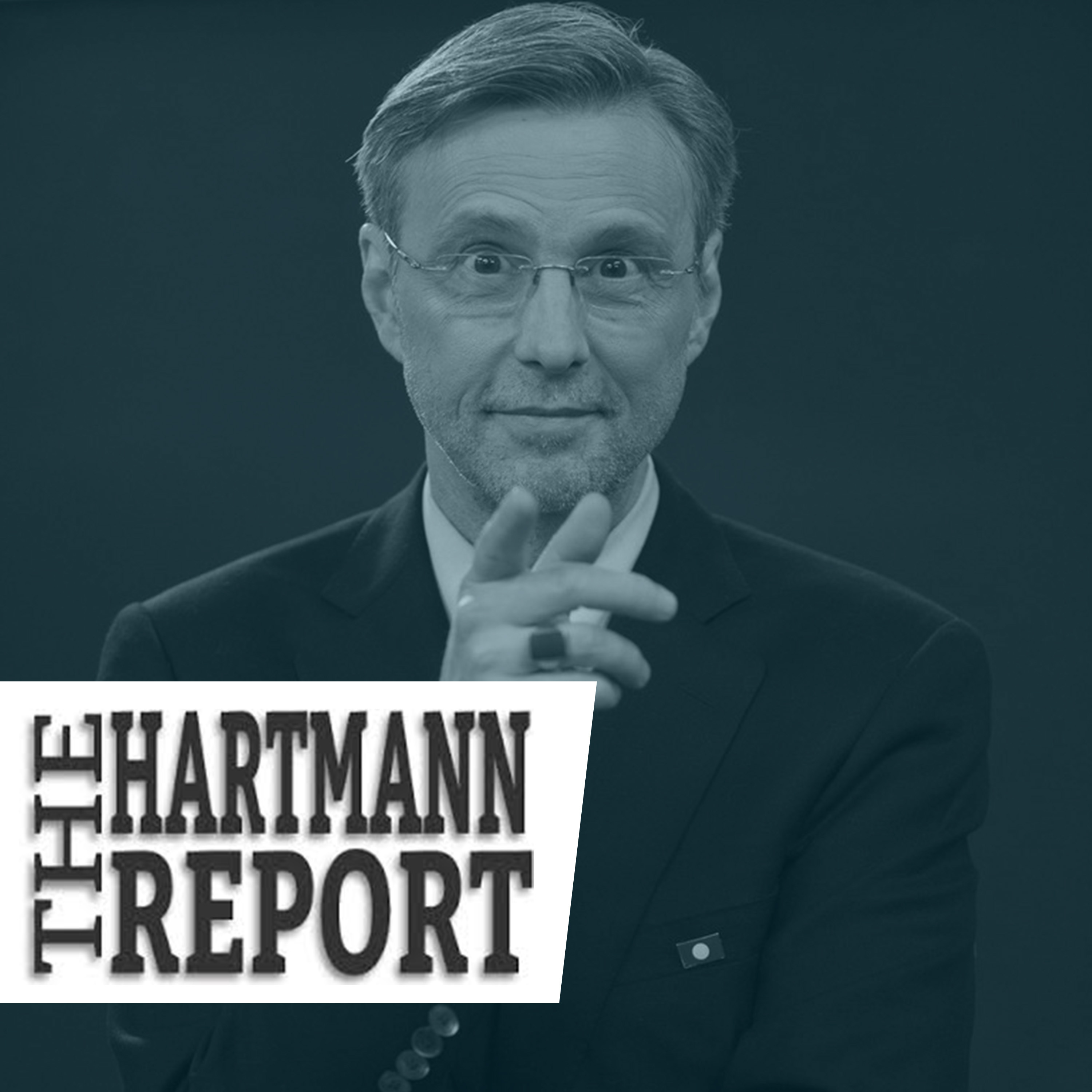
The Hartmann Report
Thom Hartmann
The Glenn Show
Glenn Loury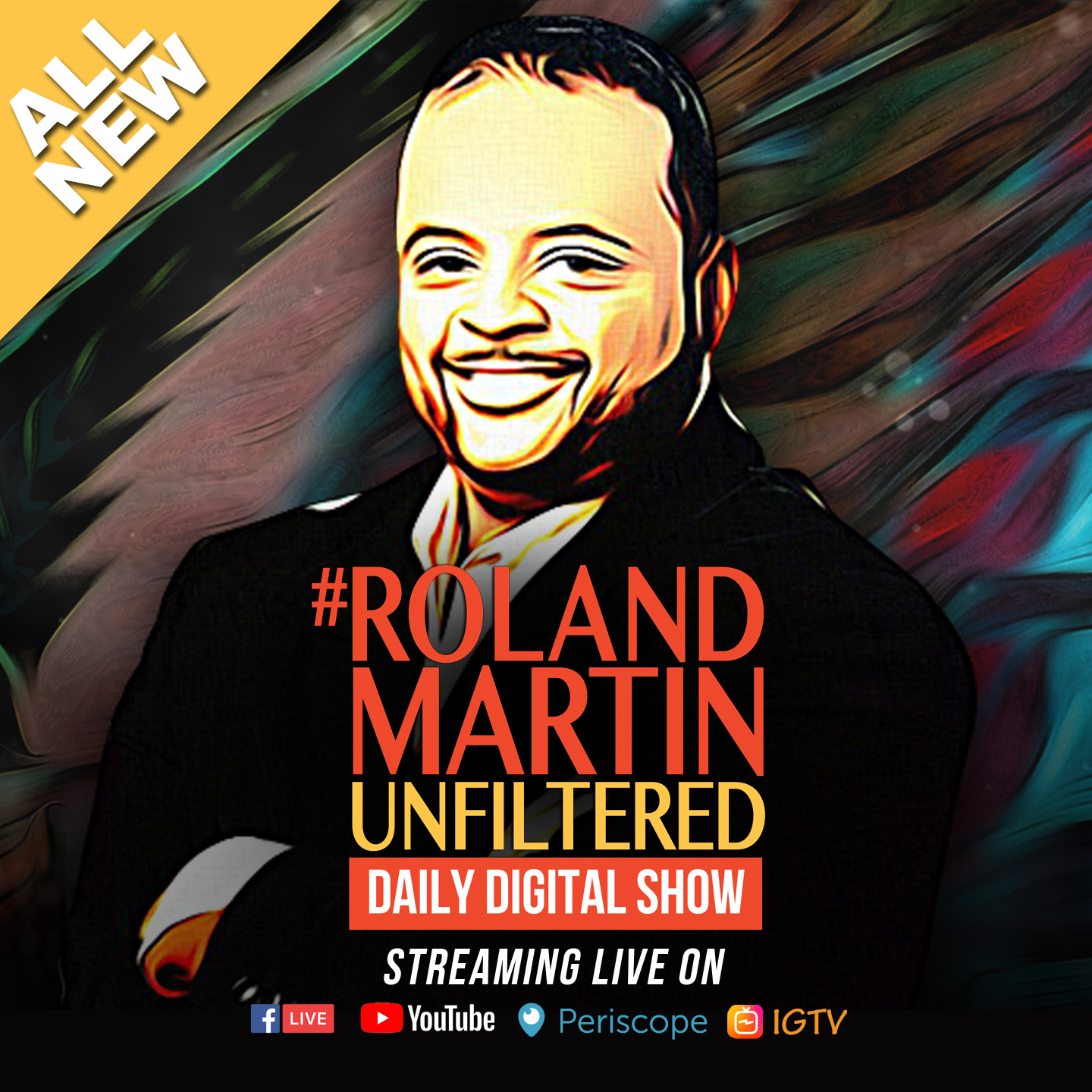
#RolandMartinUnfiltered
Roland S. Martin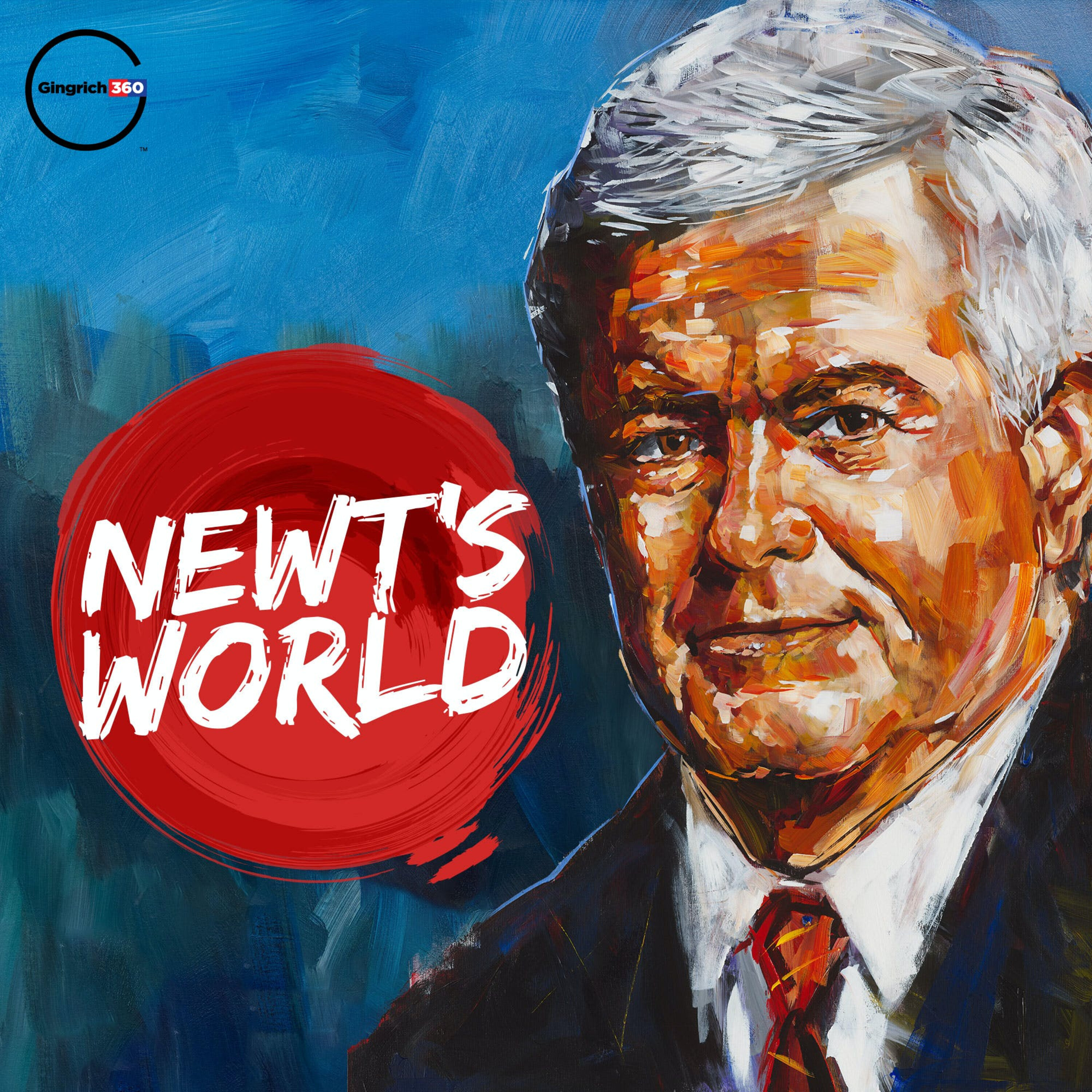
Newt's World
Gingrich 360
Pod Save America
Crooked Media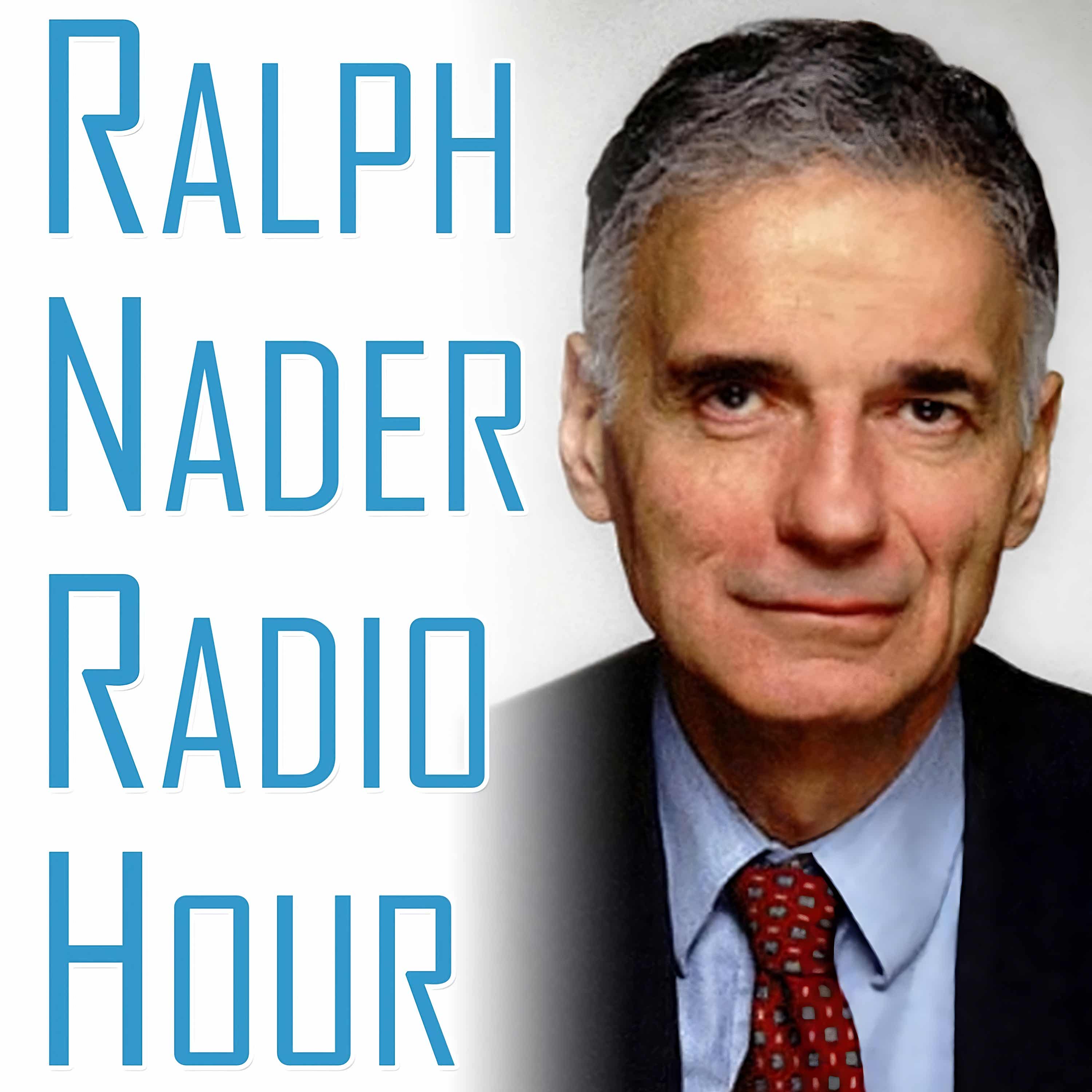
Ralph Nader Radio Hour
Ralph Nader
Bannon`s War Room
WarRoom.org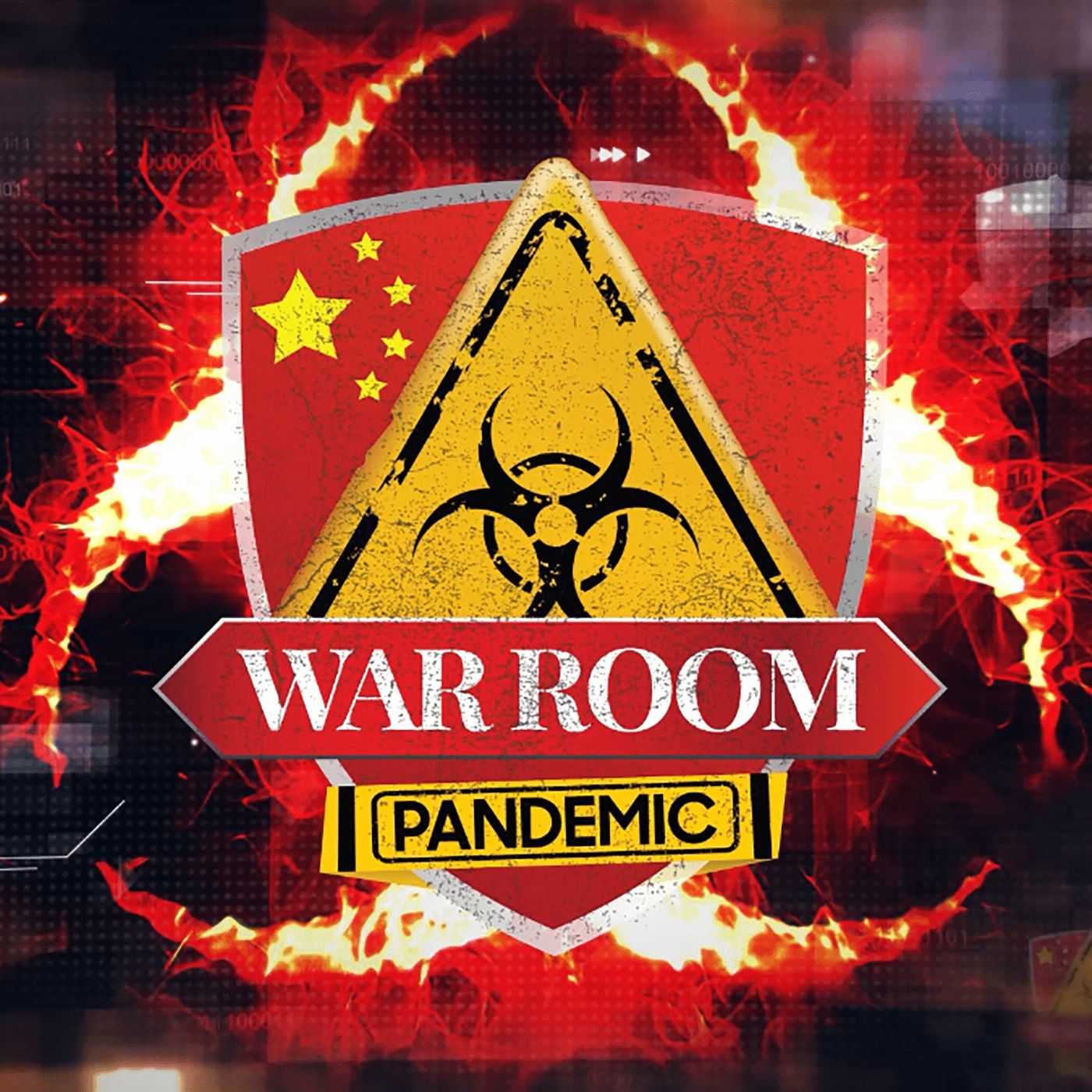
Bannon’s War Room
dan fleuette
The Young Turks
TYT Network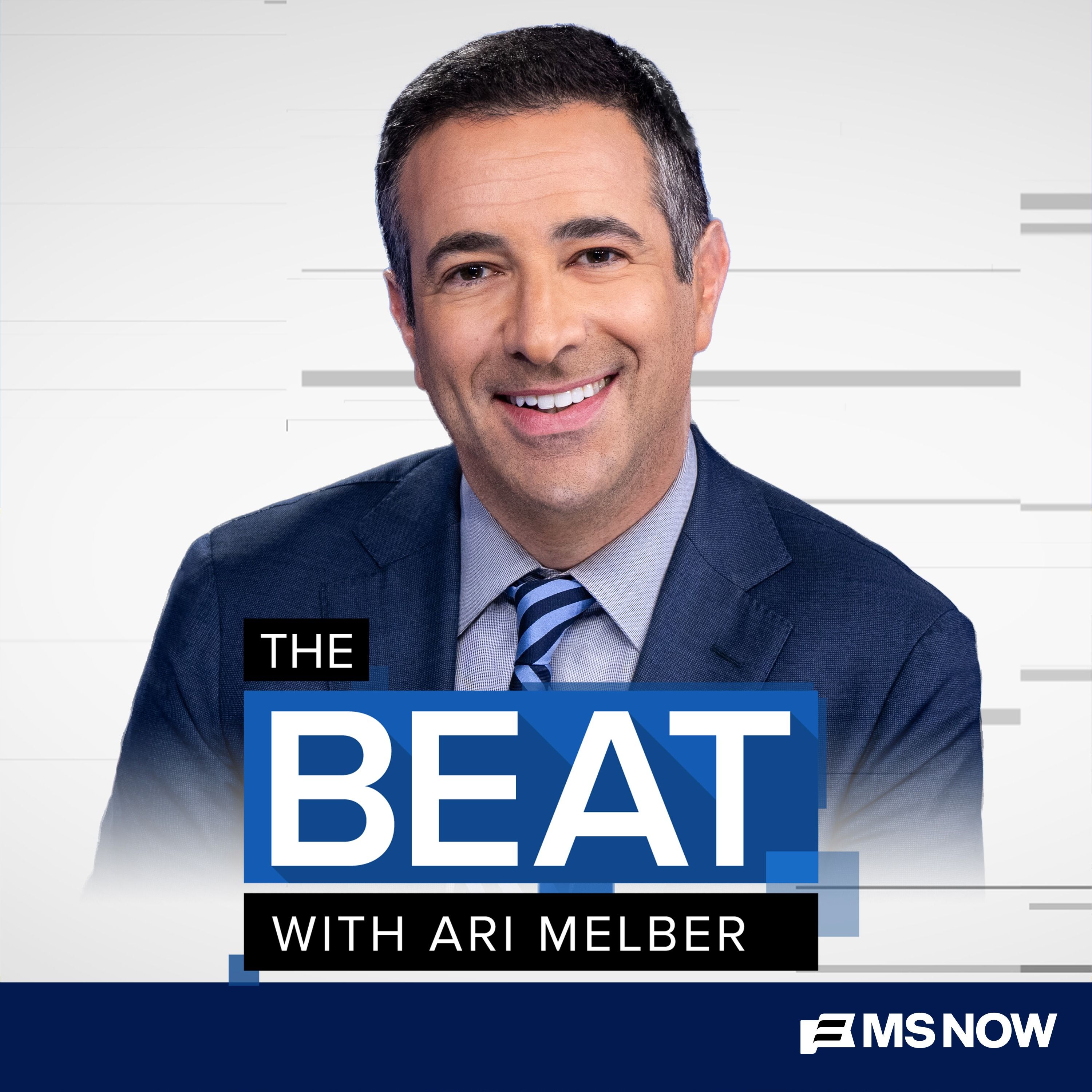
The Beat with Ari Melber
Ari Melber, MS NOW
The Damage Report with John Iadarola
TYT Network
The Majority Report with Sam Seder
Sam Seder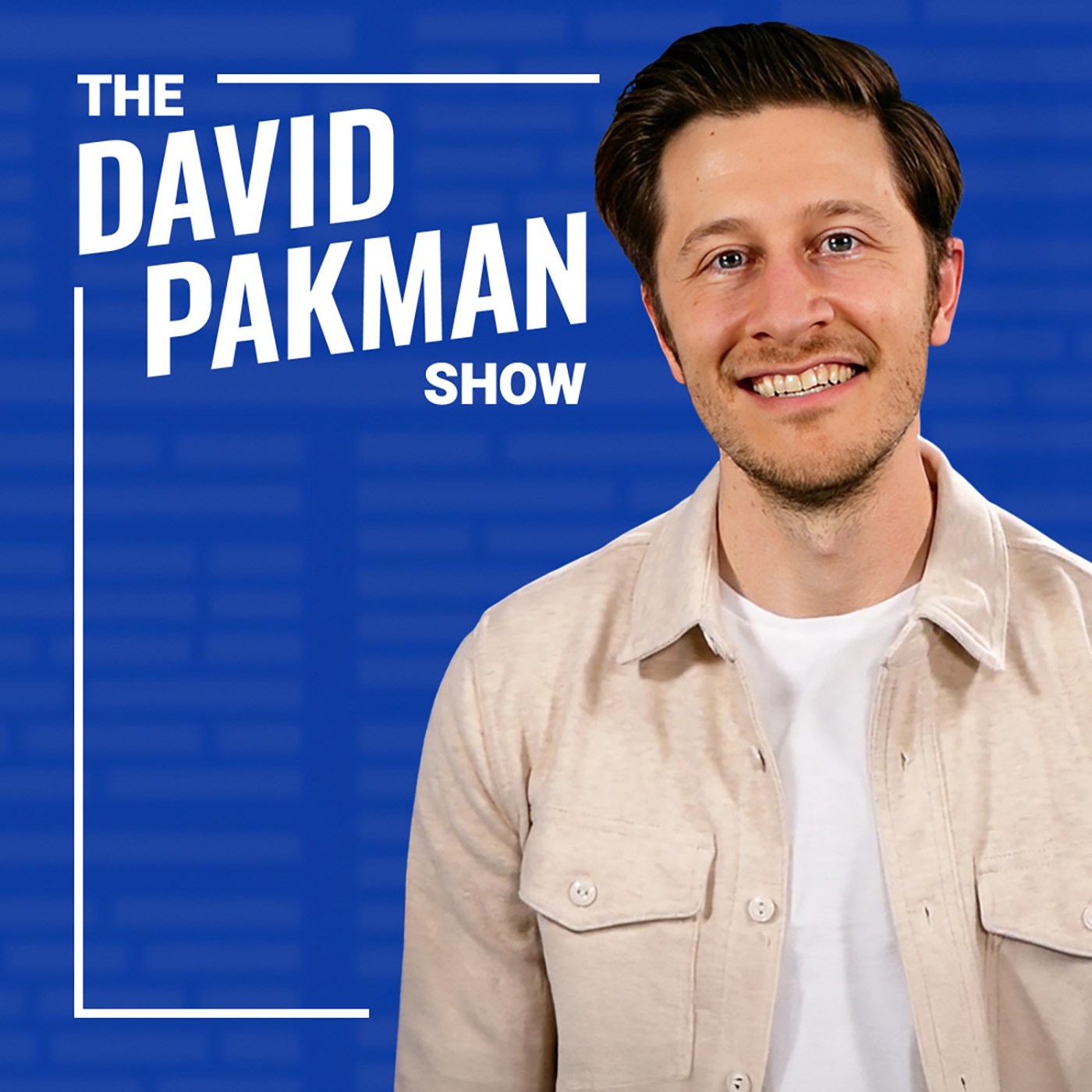
The David Pakman Show
David PakmanGet A Grip with Kendall Reusing
Kendall Reusing
Ultimately with R.C. Sproul
Ligonier Ministries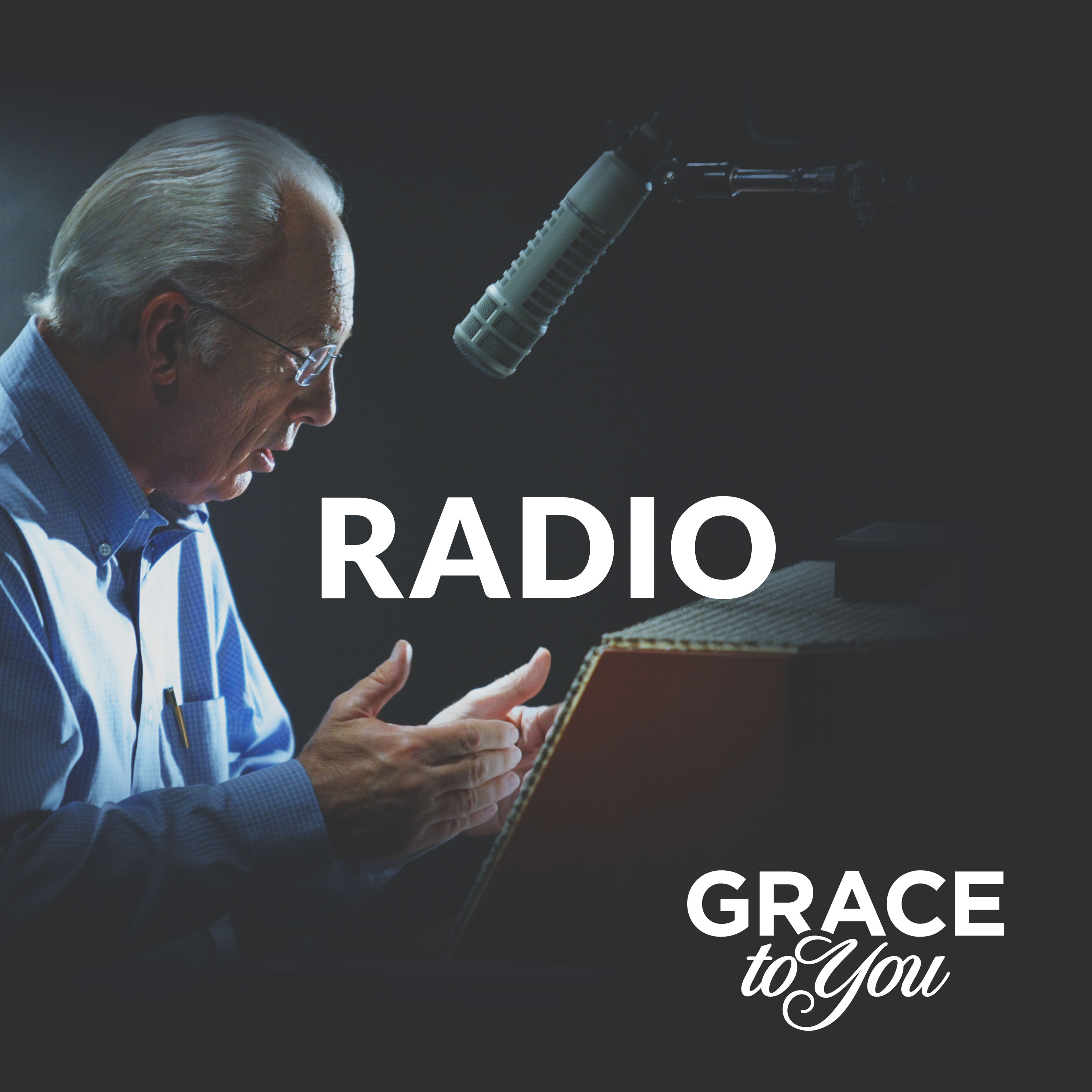
Grace to You: Radio Podcast
John MacArthur
The Briefing with Albert Mohler
R. Albert Mohler, Jr.
StarTalk Radio
Neil deGrasse Tyson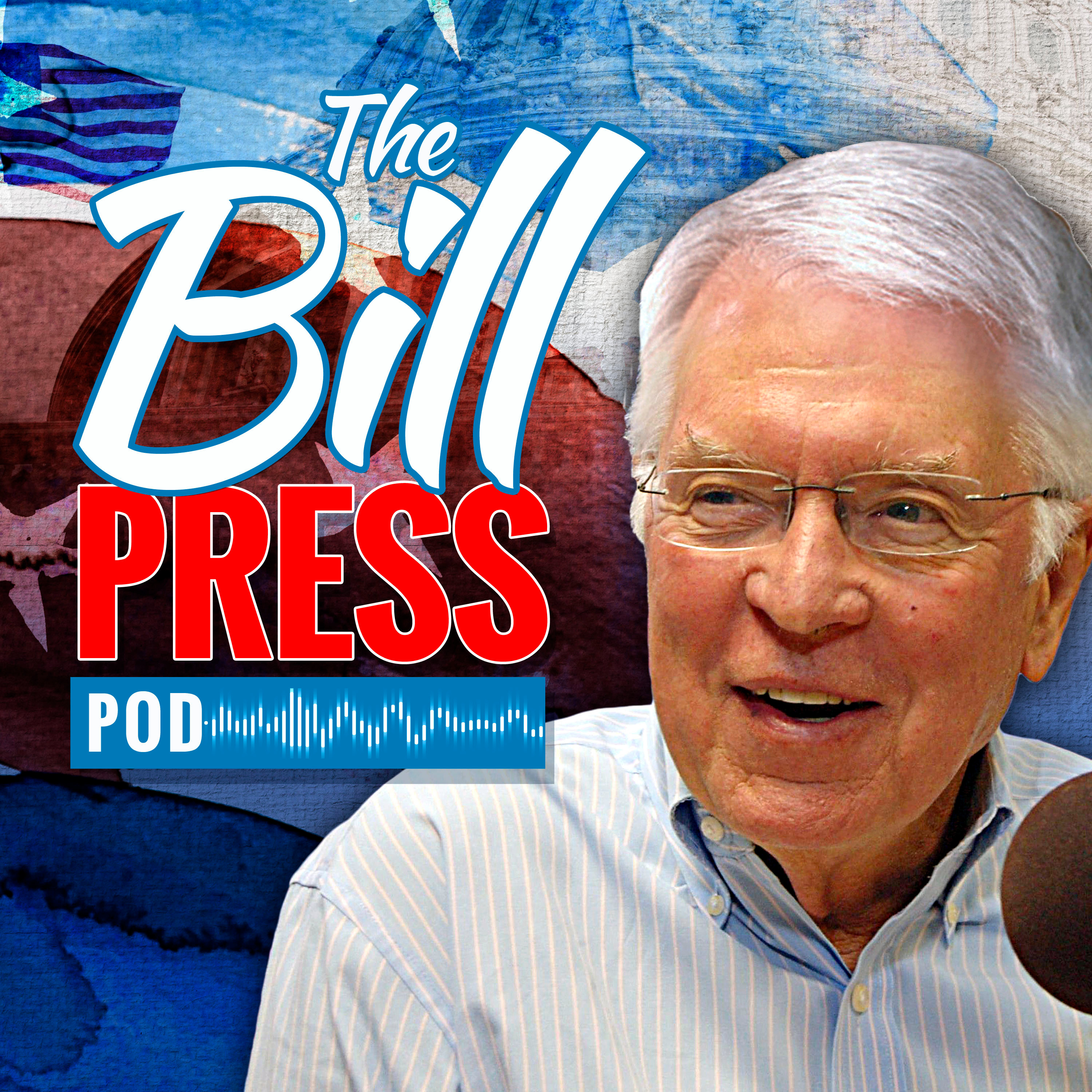
The Bill Press Pod
BP Pods
Ask Pastor John
Desiring God
The Weekly Show with Jon Stewart
Comedy Central
Ask Ligonier
Ligonier Ministries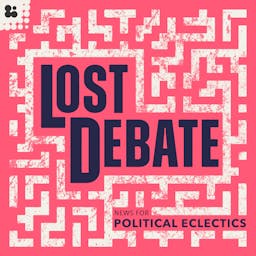
Lost Debate
The Branch
Coffee-Time-Again
Dale Hutchinson
5 Minutes in Church History with Stephen Nichols
Ligonier Ministries
The Ezra Klein Show
New York Times Opinion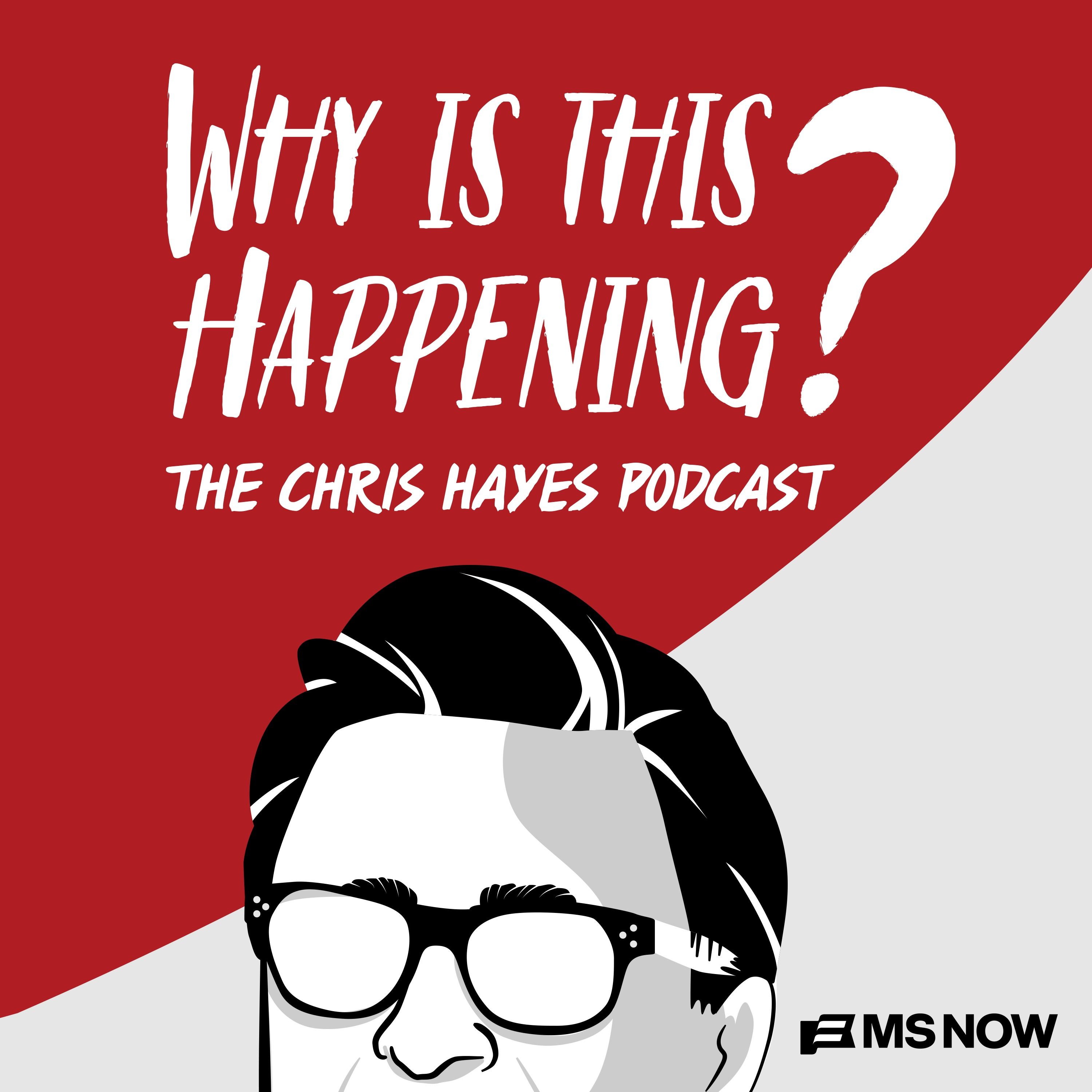
Why Is This Happening? The Chris Hayes Podcast
MS NOW, Chris Hayes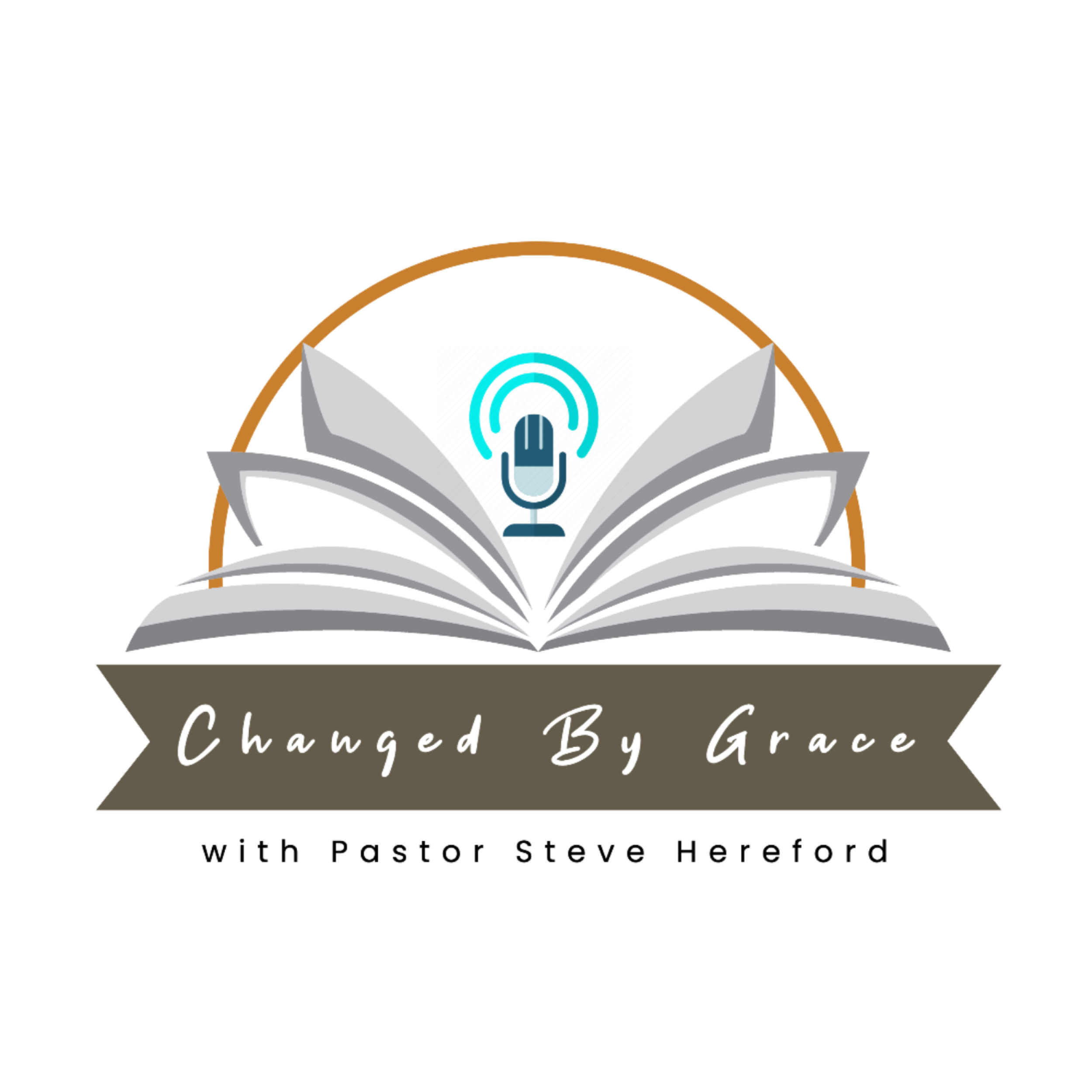
Changed By Grace
PodPoint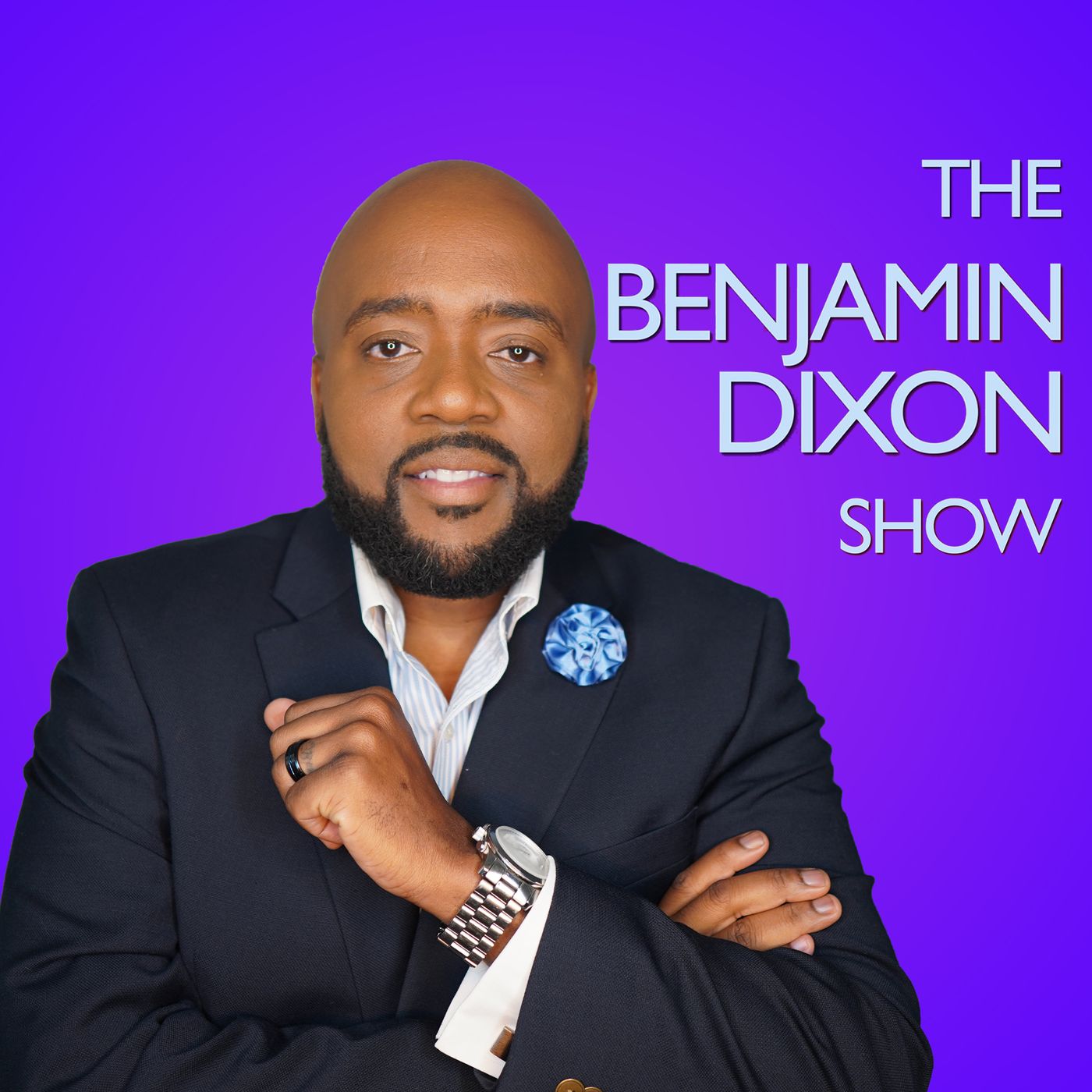
The Benjamin Dixon Show
The Benjamin Dixon Show
Thinking in Public with Albert Mohler
R. Albert Mohler, Jr.
Who Killed JFK?
iHeartPodcastsThe MacArthur Center Podcast
The Master's Seminary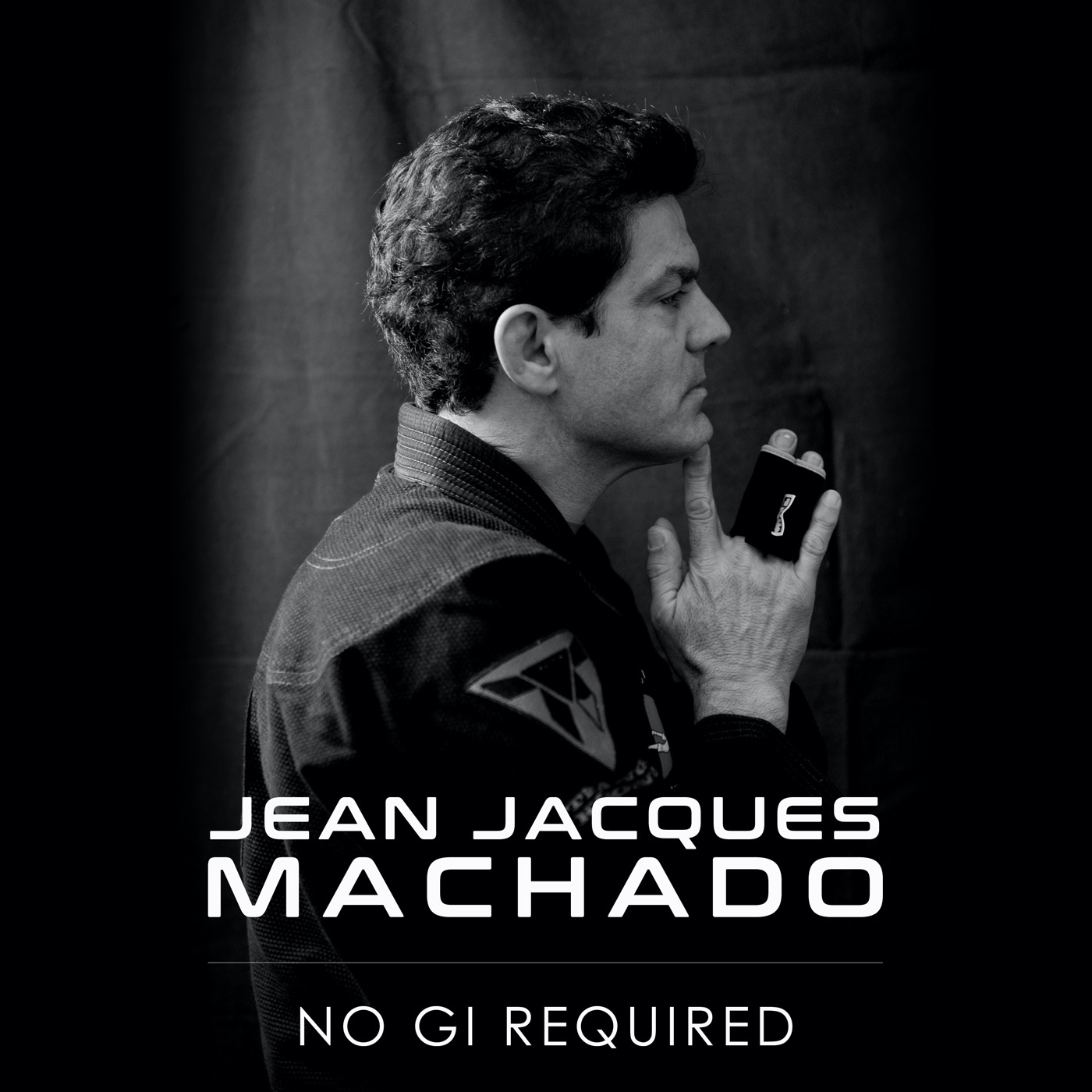
Jean Jacques Machado : No Gi Required
Jay Zeballos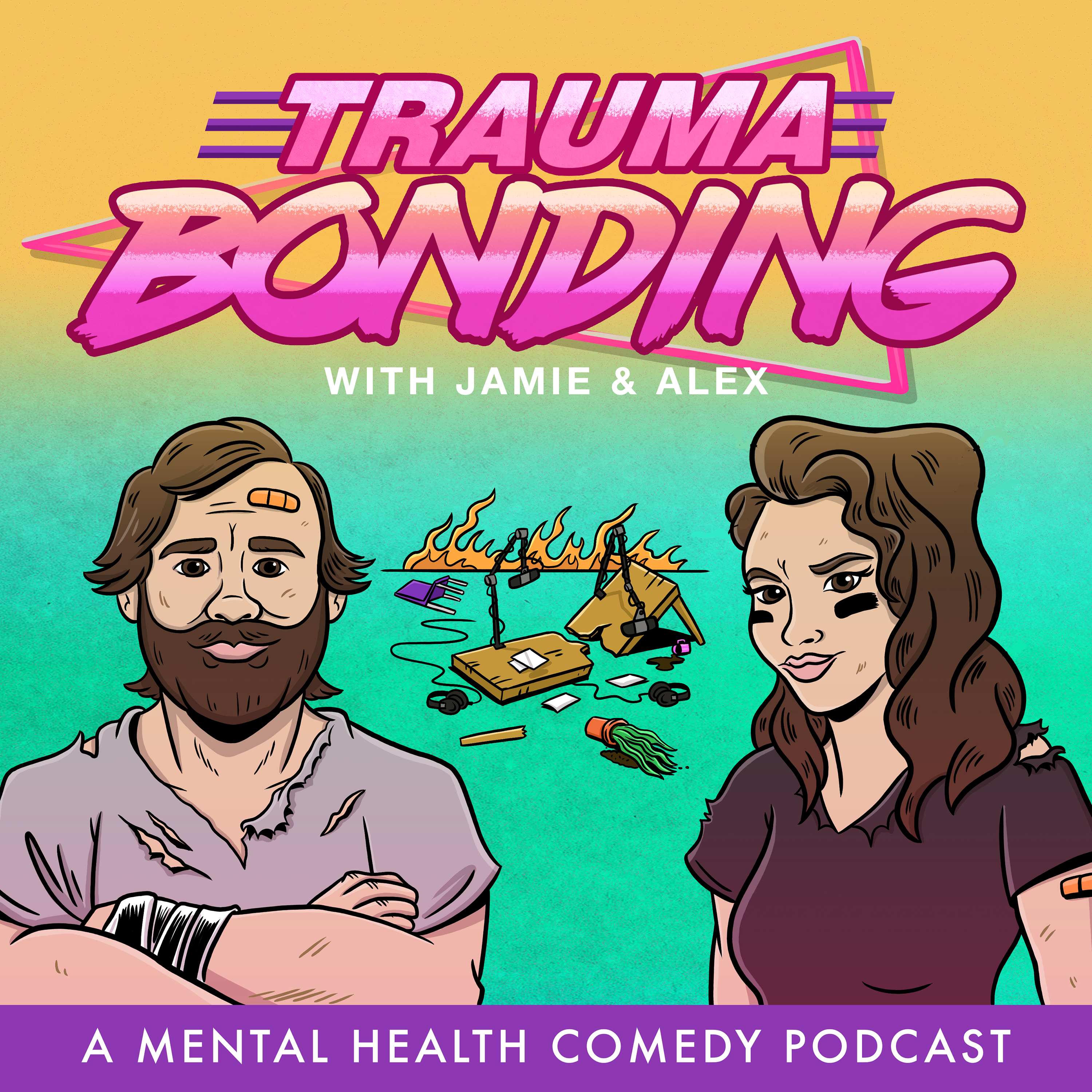
Trauma Bonding
Jamie Kilstein
This Day in History
The HISTORY Channel
The Ben Shapiro Show
The Daily Wire
The Sean Hannity Show
Sean Hannity
Breaking Points with Krystal and Saagar
iHeartPodcasts
The Kyle Kulinski Show
Kyle Kulinski